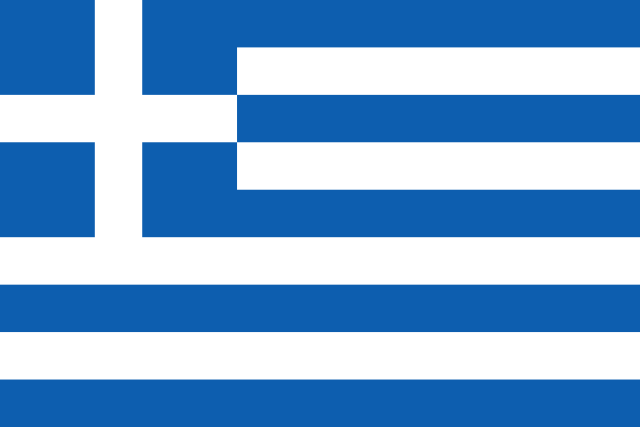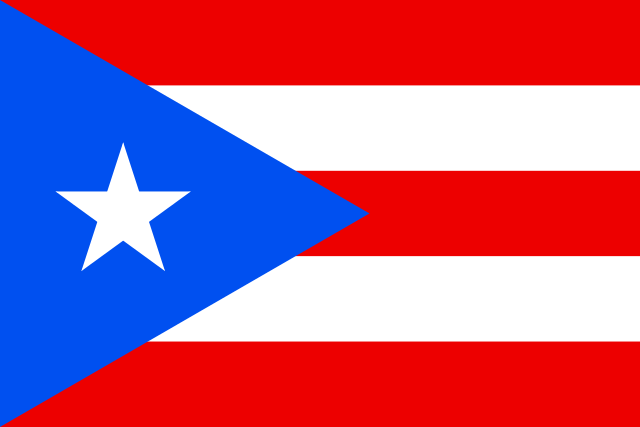National democracy at its Athenian birthplace crashes head-long into the distant technocracy of the wider European project.
On Tuesday night, Greece became the first developed economy to default on an IMF loan (though not its other obligations). The IMF loan was itself a bailout to repay other loans, including those the EU failed to stop years ago:
In a sense, like so many American homeowners before the end of 2007, Greece was given subprime loans it couldn’t possibly repay. Regulators and monetary authorities failed to perform due diligence ahead of the accession of Greece to the eurozone and then ignored the escalating danger as long as the rest of the global and European economy was doing fine. They only stepped in after the house of cards collapsed and then demanded round after round of budget cuts and other measures that hurt average Greeks who had nothing to do with the bad debt decisions that the rest of the Eurozone should have stepped in to prevent years earlier.
Greece now heads into a referendum (full story➚) on the bailout conditions offered by European leaders.
Here are a couple reactions since the referendum was announced and default became very likely.

“Joseph Stiglitz: how I would vote in the Greek referendum”:
I can think of no depression, ever, that has been so deliberate and had such catastrophic consequences: Greece’s rate of youth unemployment, for example, now exceeds 60%.
It is startling that the troika has refused to accept responsibility for any of this or admit how bad its forecasts and models have been. But what is even more surprising is that Europe’s leaders have not even learned. The troika is still demanding that Greece achieve a primary budget surplus (excluding interest payments) of 3.5% of GDP by 2018.
[…]
In January, Greece’s citizens voted for a government committed to ending austerity. If the government were simply fulfilling its campaign promises, it would already have rejected the proposal. But it wanted to give Greeks a chance to weigh in on this issue, so critical for their country’s future wellbeing.
That concern for popular legitimacy is incompatible with the politics of the eurozone, which was never a very democratic project. Most of its members’ governments did not seek their people’s approval to turn over their monetary sovereignty to the ECB.
Paul Krugman, arguing no to additional austerity; no to the euro:
First, we now know that ever-harsher austerity is a dead end: after five years Greece is in worse shape than ever. Second, much and perhaps most of the feared chaos from Grexit has already happened. With banks closed and capital controls imposed, there’s not that much more damage to be done.
Finally, acceding to the troika’s ultimatum would represent the final abandonment of any pretense of Greek independence. Don’t be taken in by claims that troika officials are just technocrats explaining to the ignorant Greeks what must be done. These supposed technocrats are in fact fantasists who have disregarded everything we know about macroeconomics, and have been wrong every step of the way. This isn’t about analysis, it’s about power — the power of the creditors to pull the plug on the Greek economy, which persists as long as euro exit is considered unthinkable.
So it’s time to put an end to this unthinkability. Otherwise Greece will face endless austerity, and a depression with no hint of an end.
On the other side of the debate there has been some sighs of exasperation, tongue-clucking, and then particularly disturbing responses that are clearly the wrong takeaway from the situation… Read more




